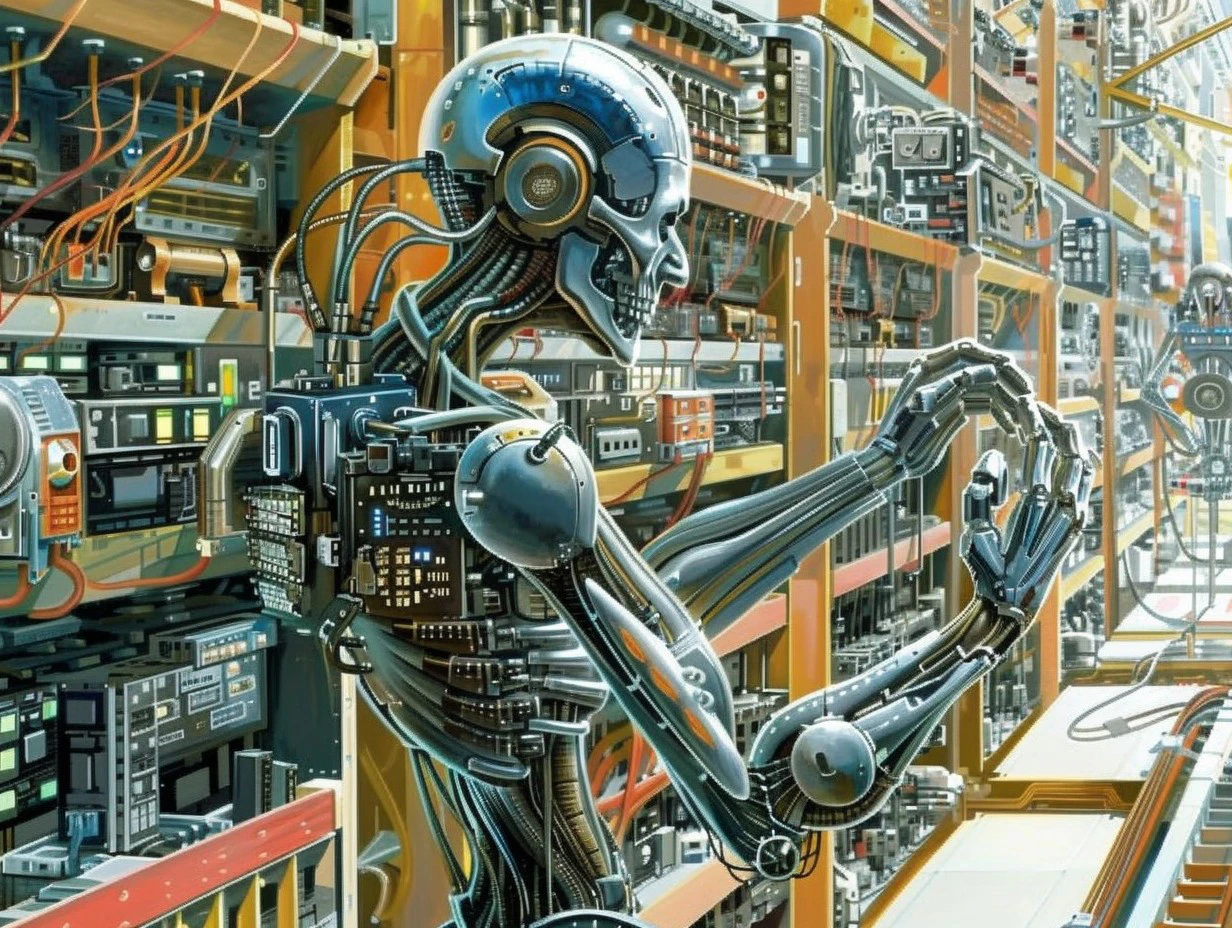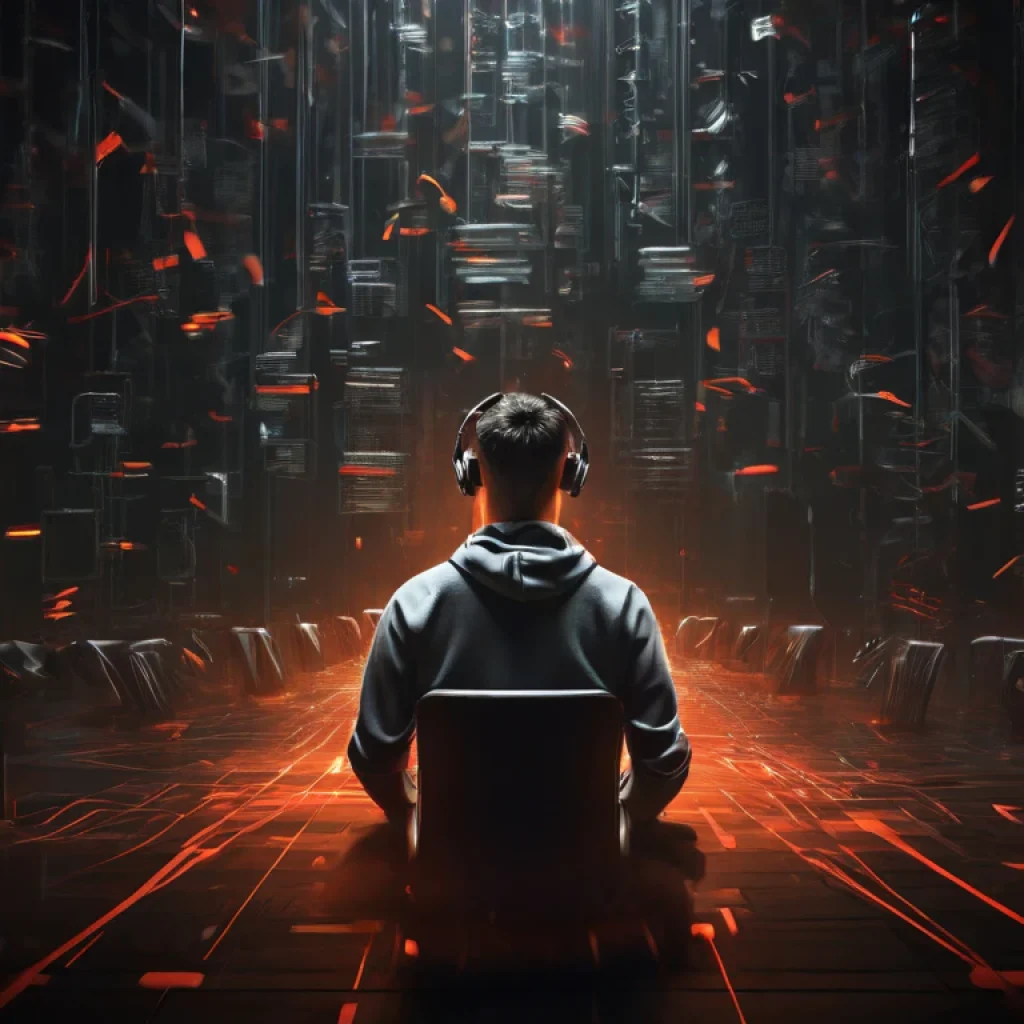Artificial intelligence (AI) is transforming the world at an astonishing speed. According to its promise, intelligent machines will perform all tasks more effectively and economically than people.
One sector after another of the business industry is falling for its allure, and many have benefited greatly from it, whether right or wrong.
The current state of AI raises an intriguing question: when will AI surpass human capabilities? More precisely, at what point will a machine surpass you in performance? While CEOs like Elon Musk have made big claims, for example, he predicted that AGI might be here by 2026, but the world has yet to observe that.
AI Has Made Quite a Breakthrough
Today, AI can write texts better than ever, and the internet is choking up AI-generated content to the extent that search companies like Google are facing a much bigger challenge of distinguishing it from human-written content.
Also read: ChatGPT’s ‘Seductive’ Voice Sparks Debate on Gender Bias in AI
AI can generate images that are hard to distinguish from those of human creators. People are losing their sleep over AI munching on their copyrights, and it may replace them in the near future.
“This agreement ensures that our members are protected. While technology can enhance the creative process, the essence of music must always be rooted in genuine human expression and experience.” SAG-AFTRA, Reuters.
Recently, Hollywood’s actor and creator rights body, SAG-AFTRA, closed a deal with record label companies to secure the rights of singers and musicians against AI intervention in their territory.
Video game developers are still protesting for their rights against AI proliferation, and SAG-AFTRA is also looking to include them under its umbrella. Such actions from SAG-AFTRA and video game developers show how capable AI has become in recent years. Not to mention the recent Microsoft project called VASA-1, which it teased but did not release. This project can generate videos from a single image and voice note and looks too realistic.
How Far Is AI From Reaching the Human Level?
While AI is capable of too many things, as discussed above, and can pass academic exams, researchers fed the chatbot with course material. They asked it questions in one experiment at Minnesota Law School. They then assessed the responses, and the chatbot scored a C+, enough to pass the exam.
“ChatGPT performed on average at the level of a C+ student, achieving a low but passing grade in all four courses. If such performance were consistent throughout law school, the grades earned by ChatGPT would be sufficient for a student to graduate.” University of Minnesota. Source: University of Minnesota.
While it seems impressive and hints at strong performance for a comparatively new technology, it still leaves much to be desired to compete with human beings at all levels. The most notable thing that AI systems are prone to are hallucinations, which is a problem that often affects their reliability or, more precisely, the large language models that they operate based on.
Another thing that AI hasn’t achieved yet is the capability to reason as humans do. These systems are designed in such a way that they can predict the next word in a sequence, but they don’t understand the complex process of reasoning as much as humans do. Last but not least is the argument that AI is free of emotions, which OpenAI has tried to address in its latest product upgrade, ChtatGPT-4o, which expresses a bit of flirty emotion.
So How Long Do We Have to Wait Yet?
Let’s roll back the calendar to 1997, when the IBM computer Deep Blue beat the Russian world champion, Garry Kasprov, in a chess game. Deep Blue was capable enough at that time to outsmart Kasparov, but the question is, did it have the emotional capacity of a good sportsman’s spirit to not crush Kasprov? Because he is said to have never played the same again.
A decade later, in 2017, a research paper titled “When Will AI Exceed Human Performance? Evidence from AI Experts” noted the views of machine learning experts about AI progress.
“Researchers believe there is a 50% chance of AI outperforming humans in all tasks in 45 years and of automating all human jobs in 120 years.” Source: Stanford University.
The paper also noted a 50% chance of human-level intelligence (HLMI) occurring in the next 45 years and a 10% chance of it arriving during the next nine years. The research also stated that AI will be writing high school essays by 2026, which the technology has already achieved in 2022. But it said that it will be driving a truck by 2027. Though the tech can drive, driving without hitting anyone in a real-world scenario with mud tracks and buzzing streets has yet to be seen.
Also read: Oxford University Unveils DrugGPT: A Breakthrough in AI-Assisted Medication Prescription
While technology has made quite a leap in a short time, experts say that we have not yet reached the capability of the mouse brain. Though cats’ brains are often compared to many advancements in such technologies, experts say that even if our machines achieve the capability of a mouse’s brain in the next three years, that will be something to call a big achievement.
Cryptopolitan reporting by Aamir Sheikh





